The SheHawk: What the sitcom ‘Friends’ can teach us about unchecked sexism and why it matters
With ‘Friends’ like these, who could have enemies?
It begins with six reasonably close friends lounging about in their favorite dusty coffee shop, telling stories. You can tell they are friends, but not very good ones just yet. You couldn’t see them, say, being in each other’s weddings, and not merely as the bridal party, but as the pastor, the stand-in father giving the bride away, and eventually as the brides and grooms.
Their friendship is one that will grow and bloom before your eyes. It captures the essence of what it means to be young, dumb, and broke in your late twenties, pining over things and people you can’t have. “Friends” has remained a homey classic since its conception in 1994.
Let me remind you of things that actually happened in it:
- This quote: “Honey, could I recommend watching a little bit more ‘ESPN’ and a little less ‘E.’?” This one is said by Rachel to Chandler to prompt him towards more masculine ways of thinking.
- The classic character of Joey Tribbiani. The sweet, loyal friend who sleeps with as many women as he can, because he “knows he can” and never calls them back because, to him, women are a conquest.
- A quote from Ross and Monica’s father, as he speaks to Chandler’s transgender mom: “Now, are you his Mother or his Father? What? I’ve never seen one before! I never even got a chance to pretend I’m okay with it…”
- Ross disapproving of his son owning a doll instead of something more masculine to play with like a GI Joe.
- The entire gag of Monica’s fat former self and the fact she lost weight because Chandler made fun of her.
I could go on, but I won’t because I wouldn’t have enough space to document every instance of casual sexism and homophobia the show is laced with.
But despite this, the heart of “Friends” has always been about exercising the core values of love, friendship, and loyalty, and it has done this. That is why it has remained the classic, favorite TV show that Netflix paid $100 million to keep for another year and the show every millennial is familiar with.
We let the jokes and the lines go because it was the 1990s. That’s just how it was back then.
But it isn’t the ‘90s anymore. It’s 2019. And subtle sexist, racist, and homophobic jokes have persisted today. It’s time to hold ourselves accountable for how we view each other and how others view us.
We let these comments and jokes go so far and sometimes we even ignore them when we hear them, but the truth is that the words we say hold the insurmountable power to tear women and men down. And it’s not okay to let them go unchecked. And it’s not okay to laugh along with these jokes.
All sexist, racist and homophobic jokes and comments have their roots somewhere in a dark place that caustically defines what it means to be a man and what it means to be a woman. But we have begun to evolve and break away from those boundaries. The fight for women’s and minority rights has begun to define this century and the results are beautiful.
These days, we usually have a vast array of vibrant, diverse shows and movies to choose from. The writers of these shows would never dream of letting one of the before mentioned “Friends” lines into their drawing boards.
But casual sexism is just that. It is casual, disguised. Sometimes in my own favorite TV shows, I’ve seen or heard something that made me pause and think, “Wait, is this sexist?” Usually the answer is, “Yes. It is in some way.”
Education is the weapon we have against the infiltration of offensive jokes and lines. By understanding what sexism, racism, and homophobia mean in the first place and what ideas they’re rooted in, we can further distinguish what jokes are not okay and what jokes are.
But more than just raising awareness for how often those form of belittlement go unchecked, we should strive to end them completely. We can end the cycle by voicing our own opinions, by gently correcting those who say questionable things about women and transgenders, and by making it clear that we will not stand for viewing humans as anything less than equal.
Let’s leave Ross’s fat jokes with the ‘90s. They weren’t even that funny to begin with.



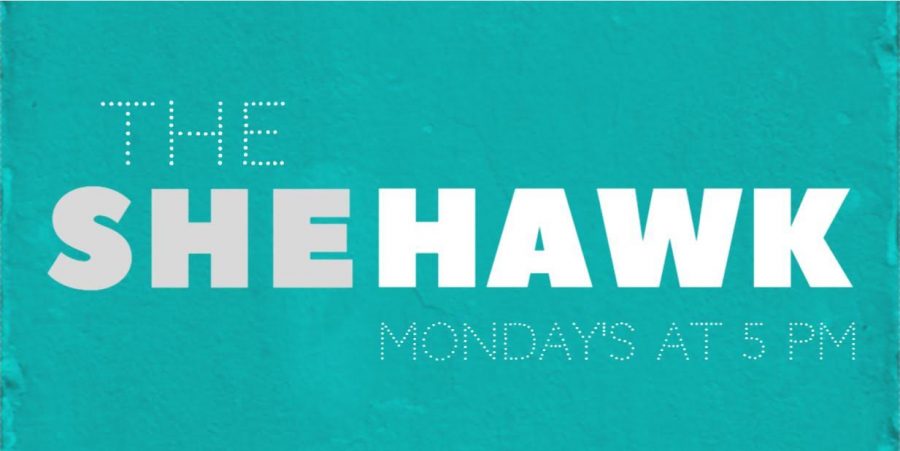

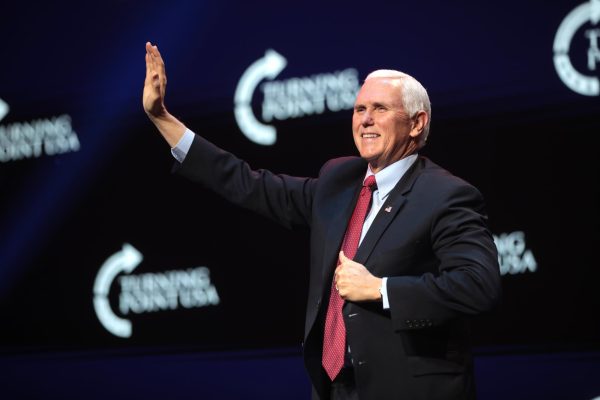
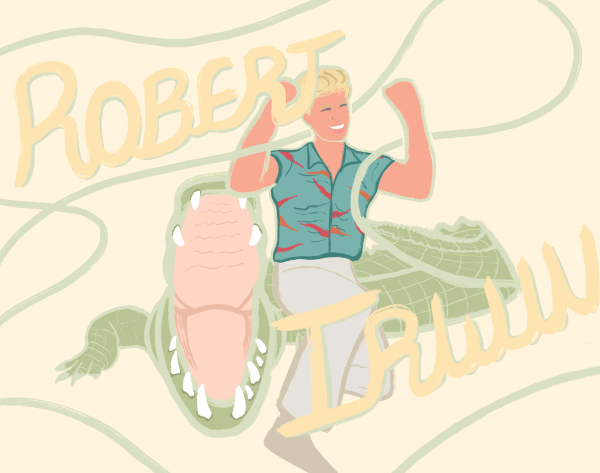

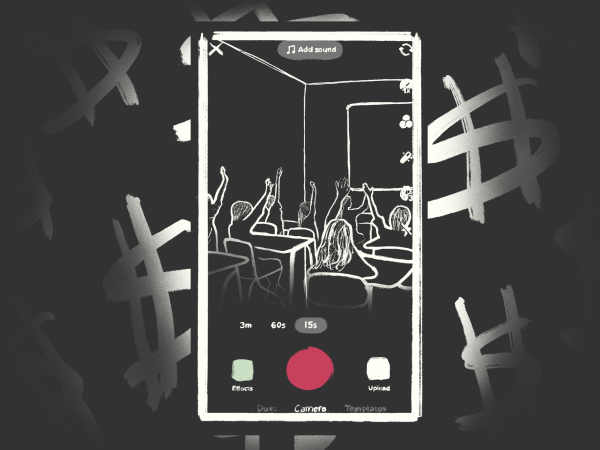



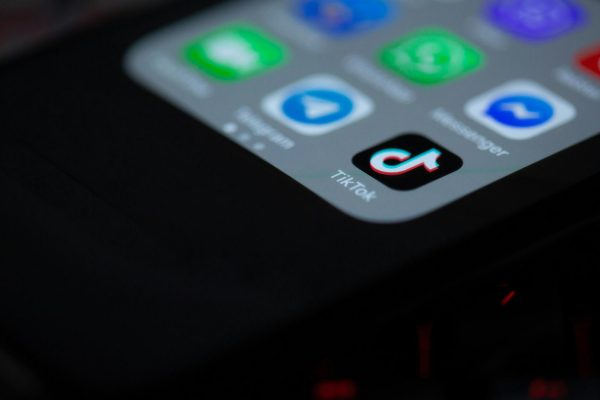
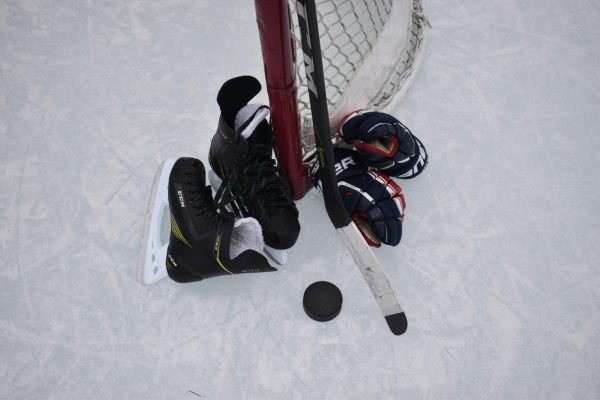
Hoespeh Gallagher • Mar 26, 2019 at 1:06 am
Well written article. Normalization of predijuice often comes from dominate portrayals of characters in the media we consume. Characters may and should have flaws, but when those flaws go unchallenged the implicit message is that they were not important enough to really be dealt with, and in turn subtely suggest to the viewers their own behavior is acceptable. It would be good to see more articles like this one taking a more critical lense to popular media, like Parks and Rec and Big Bang Theory.